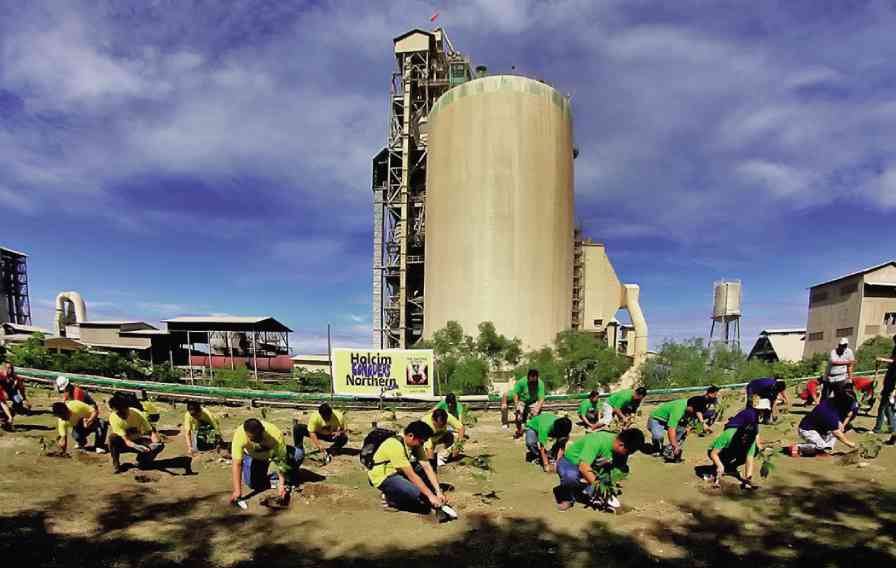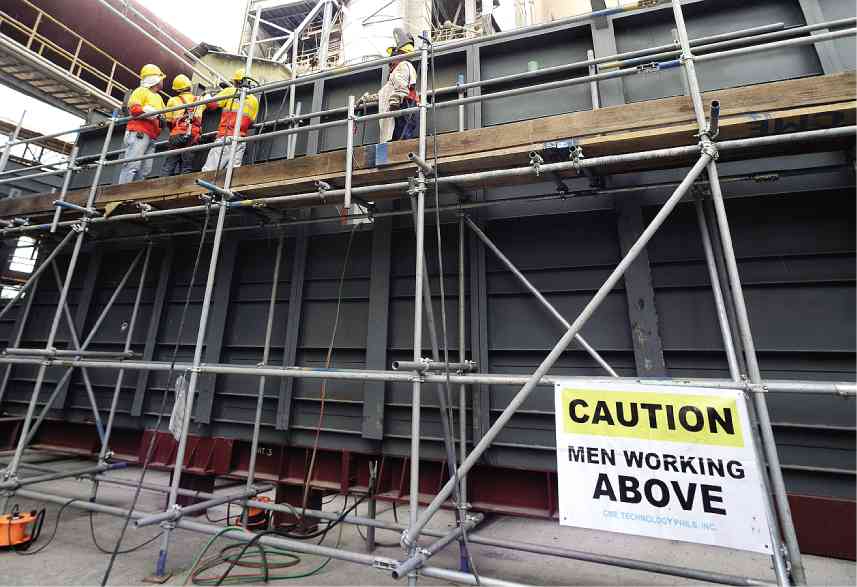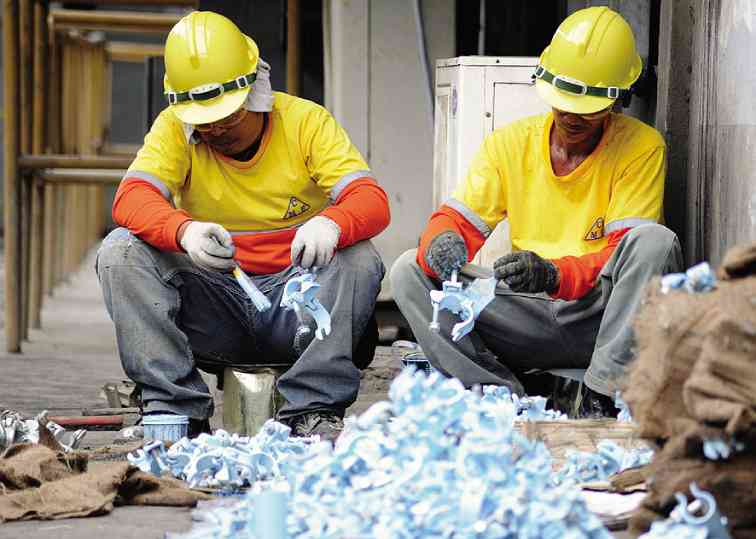In any venture, it is best to be safe than sorry

ASIDE from safety, Holcim Philippines is also concerned about the environment. It developed a sustainable environmental project for its La Union plant that involved improving the coastal villages’ sea urchin harvesting trade in 2009, as well as a reforestation program to protect their shores.
BACNOTAN, La Union—When something goes wrong in large industrial complexes such as cement manufacturing plants, the consequences can be catastrophic. Lives, property and reputation are among the biggest casualties.
The knowledge that there is always that possibility that things can go very wrong and very fast has prompted companies such as Holcim Philippines, one of the largest local cement manufacturers, to take safety regulations to heart and make them an integral part of the corporate mindset.
According to Holcim Vice President for Production Andy White, safety is so much a part of the corporate culture that safety concerns are among the first topics covered during daily meetings. During these safety moments, officials and employees talk about unsafe acts, such as a housekeeper leaving the gas on or a car running through a red light, to enhance safety consciousness.
Safety is considered serious enough that violations of safety rules are grounds for immediate termination. At Holcim, it is forbidden to come in drunk, fail to report a potential unsafe act, interfere with safety provisions and fail to wear protective gear.
Safety incidents are also reported to the head office, including so-called “near misses,” as for every one major incident, there are a thousand potential near misses that occurred, such as failure to wear protective goggles that led to an eye injury or driving too fast inside the compound causing a collision.
White says Holcim is bent on championing safety issues because in industrial sites such as its manufacturing plants, “what goes wrong generally goes wrong in a big way.”
At Holcim La Union, the last time it recorded lost time to injury was in June 2009.
And Holcim is not restricting its safety lessons to the workplace with the plant personnel engaging family members as well as leaders in the communities around them.
In La Union, Holcim sets aside time for the personnel to bring their families to the plant site so that their spouses and children can appreciate the importance of safety and hopefully translate the learnings into safe behavior at home.
White says that these family days give the management an opportunity to bring home the point that the family members rely on the employees, thus they have to do all they can to prevent getting injured.
And for family members, it is hoped that they go home with a greater appreciation for complying with safety rules, that they are not mere words on a poster but words that require serious action.
Then for the community, Holcim La Union has forged an agreement with the Philippine National Police and the Department of Public Works and Highways for the provision of safety equipment, including speed cameras, vests and road signs.
“Safety is the start of everything, there should be no compromise,” says White.


